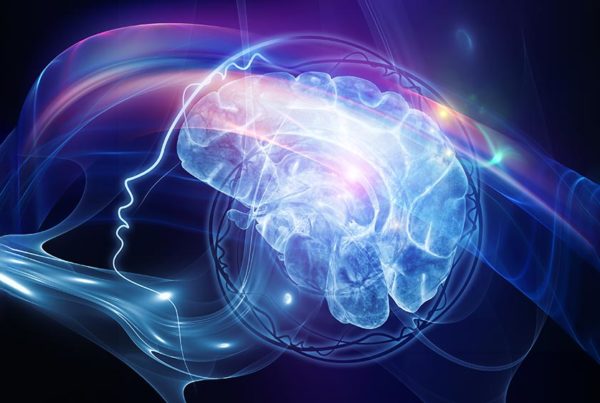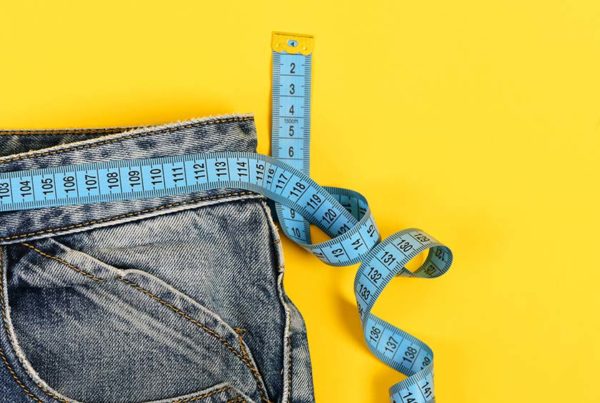Nothing impacts humanity more than the air we breathe and food we consume. These simple essentials generate energy for our brains to think and bodies to act. But not just energy for idle thought and simple movement, energy to endure as a species, to create amazing things, and to love.
Energy is enabling, it’s our life force. It propelled the earliest humans to evolve with amazing mental and physical promise. That potential is still with us today.
When we talk about the body’s use of energy, we are, of course, referring to the calorie. But one must ask, “Calories of what?” The answer is that we commonly burn a mix of fat and sugar calories. Right now, we are all fueling our bodies with a certain balance of fat and sugar. Some of us burn more fat for energy, even the leanest among us, while others less so. If we don’t burn enough fat calories, they remain stored as body fat, and we increase reliance on sugar for fuel, which is very limited. With limited energy, life is impaired. Our brains and bodies don’t function as well. Evolution turns its other cheek.
Energy restriction in a single person can cause poor health and reduced fitness; in a family, disharmony; for a population, society weakens; and in the masses, it can impair our planet. There is now a worldwide epidemic of billions of people with poor fat burning and low energy. The obesity plague is proof of that, but only the tip of the iceberg. Many more people are “overfat”—a better term that defines this physiological problem—despite society dancing around the “f” word, trying to be politically correct. Fat is not a four-letter word.
The majority of the world’s population is now overfat—those who burn too little causing it to accumulate throughout the body, even in people who are not technically obese. The problem is not limited to industrialized societies. It even affects third-world countries where, in the course of a single generation, the obesity epidemic has outpaced starvation—the World Health Organization calls this the Nutrition Transition.
No doubt many of us remember when there were very few overweight students in our 1950’s grade school classes. Today, childhood obesity has skyrocketed, while a shocking number of athletes are overfat. As endurance animals, we require continuous, untiring energy, even while sleeping. Increased fat burning makes us healthier, we think better, and are more fit. Otherwise, we are biologically impaired.
While we can feel poor fat burning as low energy, we can see its deadly outcome on a larger scale. Witness the crippling economies unable to keep up with spiraling healthcare costs due to the overfat epidemic, which directly spawns chronic disease—cancer, heart disease, Alzheimer’s, diabetes to name a few. Experts say the worst is coming soon.
We can measure an individual’s fat and sugar burning in a laboratory or clinic, while on a bike, running or walking on a treadmill or at rest. But this is not usually necessary—most people already know when they’re not burning enough body fat. Low energy, health issues, fitness not progressing, and clothes not fitting are common indicators.
There are two common reasons for poor fat burning.
The first is junk food.
There are two basic cuisines on our planet today—healthy food and junk food. Healthy food is real, and includes such items as fresh vegetables and fruits, raw nuts and seeds, real meat and cheese, and whole eggs. Junk food is processed, and its main ingredient is refined carbohydrate. This includes sugar in all its forms, and flour, even if it’s called whole grain, which quickly turns to sugar after eating it.
Many people don’t realize that a lot of junk is well disguised, and made to appear healthy. Much of it is even found in health stores. One example is organic junk food, something to also avoid. Refined carbs are everywhere: cereals, bagels, breads, muffins, energy bars, sports drinks, snacks, packaged foods, pasta, and many others. When going through this list with patients they would usually stop me at some point and say, “That’s all I eat!” I would say, “That is why you’re here.”
If you’re still not sure, read the article, “What Really is Junk Food.”
In the time it takes to eat even a small junk food snack or even a big bite—we can swing our metabolism from high-energy fat burning to low energy fat storing. We often feel this right after a meal—mental fatigue, reduced concentration or even sleepiness.This occurs because a higher amount of the hormone insulin is produced when we consume refined carbs. This does two things to our bodies. First, it converts up to half the carbs we eat into stored fat. And second, at the same time, reduces our ability to burn high amounts of body fat. Eating refined carbs can also trigger cravings for more sweets. This maintains a vicious cycle simply called sugar addiction. The junk food industry has created a world of sugar junkies, and perhaps worse than what big tobacco has done.
The remedy: don’t eat any junk food, starting right now!
A second cause of the overfat epidemic is related to physical activity.
This is all about balance. Call it exercise or training, each workout immediately influences fat and sugar burning. As we all know, not enough physical activity contributes to being overfat. But on the other extreme, so can overtraining, as evident in the many athletes with surprisingly high amounts of body fat, despite working out for 10, 15, 20 or more hours each week. They burn a lot of calories, just too few in the form of fat.
Moderate intensity workouts such as swimming, biking, jogging and running, walking and others develop the aerobic muscle fibers where fat burning occurs—unless, of course, the process is impaired by eating junk food.
If we want to improve fat burning we cannot rely on governments, insurance companies, or certainly trust recommendations by corporations who produce junk food, or the media they control.








